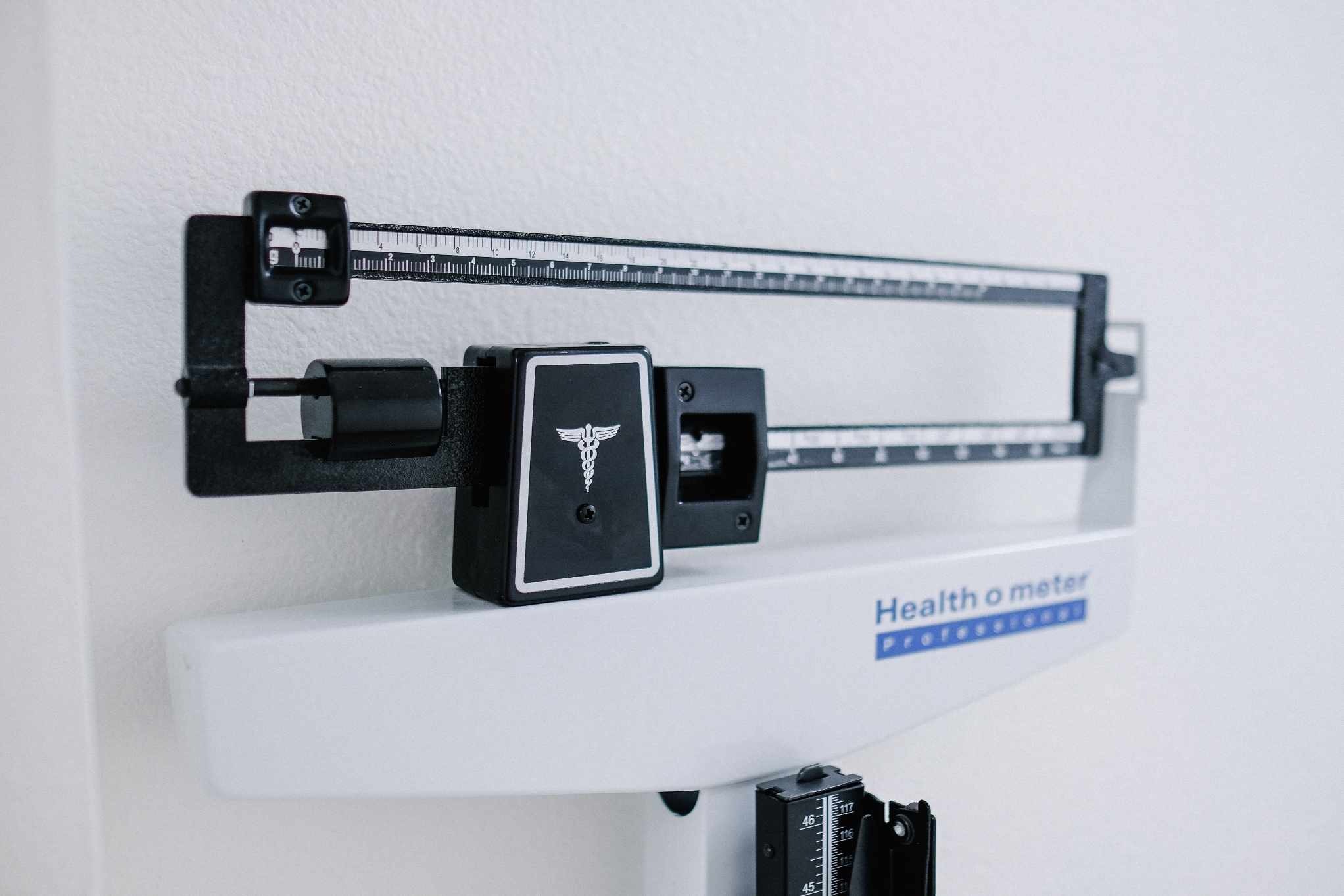TMS for Phobias: Can TMS Help Put Irrational Fears to Rest?
August 27, 2021
A phobia is an intense and irrational fear reaction to a person, place, object, or situation. A person with a phobia may experience a panic attack or feelings of dread when they encounter the trigger, and their feelings of fear are out of proportion to the actual danger that exists.…









